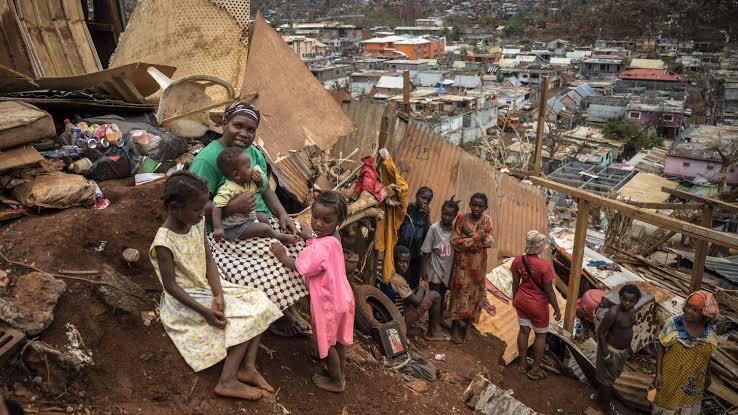
Immigration presents a significant social, demographic, economic, and societal challenge in both developing and developed nations, and France is no exception. Political leaders must acknowledge public sentiment regarding immigration, but they also need to navigate the intricate and varied realities surrounding the issue.
The ongoing debate in France regarding immigration, particularly in relation to the unique circumstances of the overseas territory of Mayotte, has been characterized by the far-right Rassemblement National (RN) as politically charged and manipulative. This was evident when the Assemblée Nationale, on February 6, passed a bill introduced by right-wing factions and supported by the government, which seeks to reform the automatic citizenship granted to individuals born in Mayotte under the principle of jus soli. Proponents of this bill view it as a preliminary move to challenge jus soli across France.
Since the enactment of the “Collomb Law” in 2018, the criteria for acquiring French citizenship at birth for children born in Mayotte to foreign parents have been tightened. This legislation mandates that at least one parent must have been legally residing in France for three months prior to the child’s birth. The new proposal from the conservative Les Républicains aims to extend this requirement to both parents and increase the duration of legal residency to one year. In a recent vote, some left-wing members of parliament mistakenly supported a far-right amendment that would further extend this residency requirement to three years.
Confusion
The 2018 legislation, which has yet to be evaluated for its impact, seemingly has not influenced immigration patterns. Since its implementation, the number of children born in Mayotte to foreign parents has continued to increase. Over the past two decades, the population has doubled, with three-quarters of births occurring to foreign women.
The reasons behind this unique situation are well understood: a narrow body of water separates Mayotte from the Comoros, one of the world’s poorest nations, governed by an authoritarian and corrupt regime. This scenario, stemming from unsuccessful decolonization, serves as a significant draw for immigrants. The arrival of women escaping poverty in the Comoros to give birth in Mayotte intensifies the already significant social disparities, which have worsened further since Cyclone Chido struck in December 2024.
It is hard to believe that potential barriers to an unborn child’s future acquisition of French nationality—only attainable from the age of 13—would deter individuals seeking a better life. The intricate and pressing situation in Mayotte warrants a discussion rooted in geopolitics and social policy rather than legal frameworks concerning nationality.
Bayrou contributed to the confusion by referencing the archipelago while addressing migration issues broadly. He capitalized on the topic by invoking a “feeling of submersion,” a term often associated with far-right rhetoric. While he dismissed the idea of extending the reform of jus soli in Mayotte to the rest of France, his call for “a wider public debate” on national belonging during a radio appearance on February 7 inadvertently blurred the lines between viewing Mayotte as a testing ground and conflating immigration policy with “national identity.” This approach risks leading to an unacceptable outcome: the erosion of birthright citizenship, a principle that has been fundamental to the republican integration system since 1889, which is based on birth, a certain duration of residence in France, and the education of foreign children.



